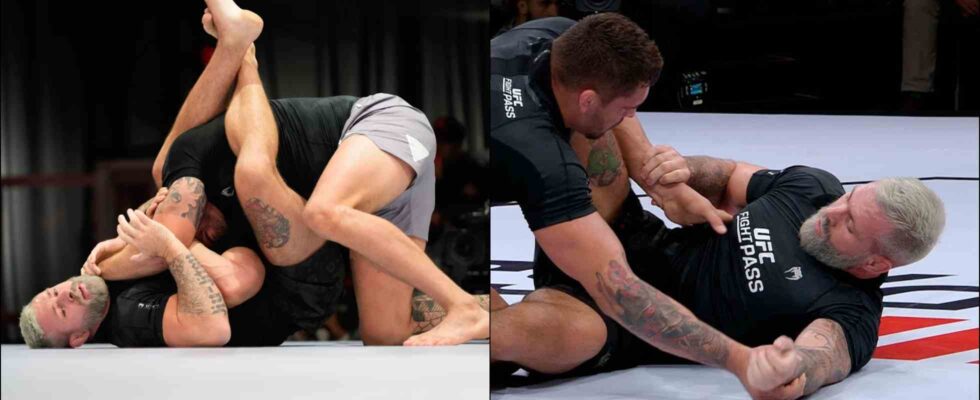Gordon Ryan is undoubtedly one of the top no-gi grapplers in the world. While his accomplishments are unrivaled, many argue that he’s not that athletic.
This is why BJJ audiences would be interested in seeing him compete against Nick Rodriguez again. Rodriguez is a self professed natty (confirmed through a single test) with impressive athleticisim.
Ryan went on the Podcast Tapping in explaining how he believes that as jiu-jitsu practitioners get older, they need to transition from relying on speed and athleticism to focusing more on control and technique.
“You have to change from a from a movement based game to a control based game as you start to get older.”
“There’s always going to be, you know, when you’re 25, you know, maybe the most athletic guy, right? Maybe you’re not. But eventually at some point in your life, if you’re like a lifelong jujitsu practitioner, there’s going to be people who are more athletic than you. And, you know, if you are trying to make yourself as a 60 year old, more athletic than a 20 year old, you’re doing it wrong.”
Therefore, veteran jiu-jitsu athletes must adapt their games based on their shifting physical abilities. According to Ryan, this means moving away from a movement-heavy style centered on dynamic attacks and scrambles. Instead, they should develop a more control-oriented approach.
Ryan advocates using increased technique, leverage, and grip strength to neutralize opponents. He believes focusing on top pressure, dominant positions, and a stifling guard game is the best way for older competitors to find continued success.
While Ryan acknowledges athleticism is still important, proper technique can often overcome physical deficits. Relying on a refined control-based strategy allows veteran grapplers to avoid getting into frenzied scrambles against more agile foes. It also conserves energy as explosiveness inevitably declines.
Ryan himself has made technical control the foundation of his approach as he ages, allowing him to remain dominant well into his late 20s. He thinks other older jiu-jitsu athletes should follow a similar path to prolong their competitive longevity at a high level.

